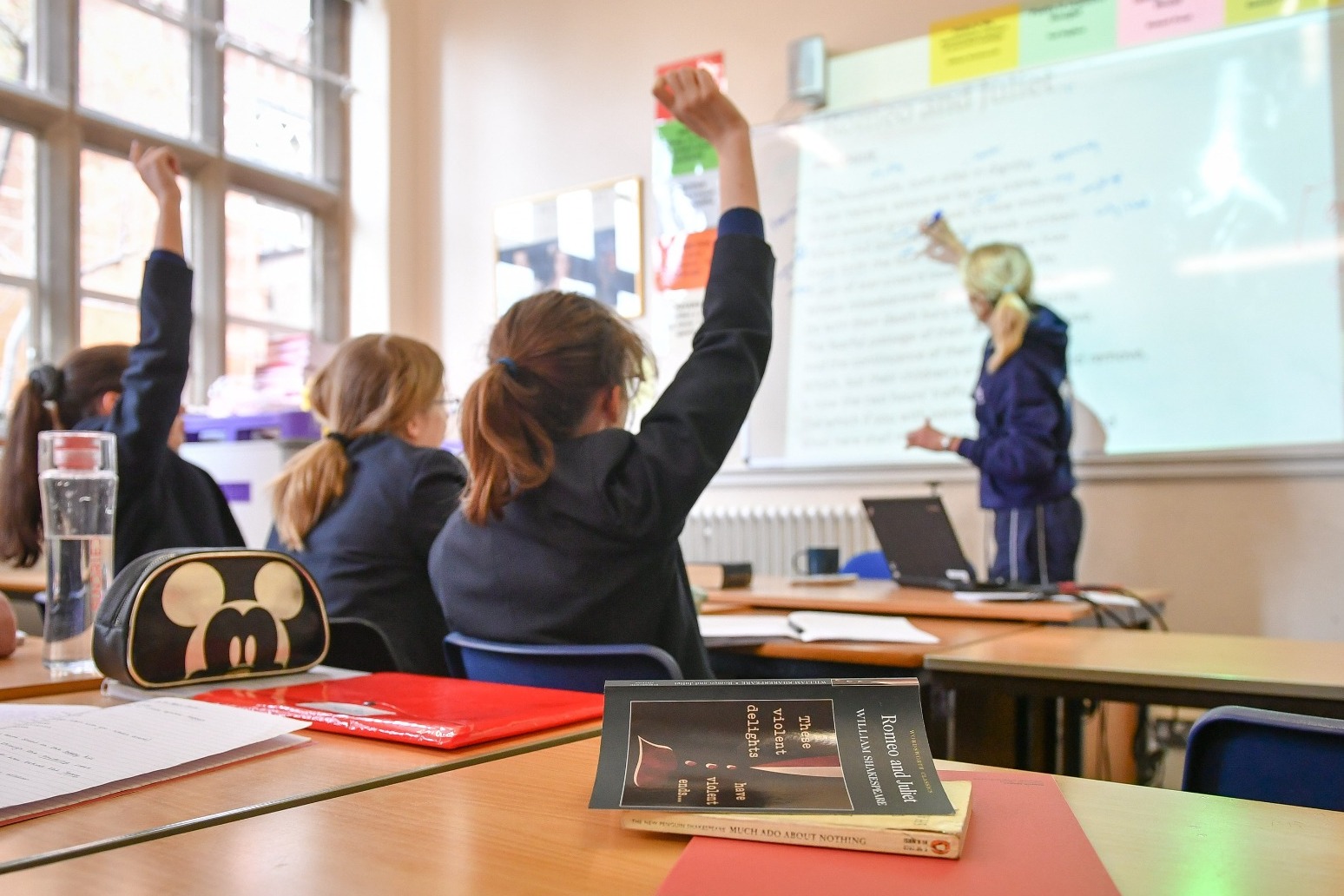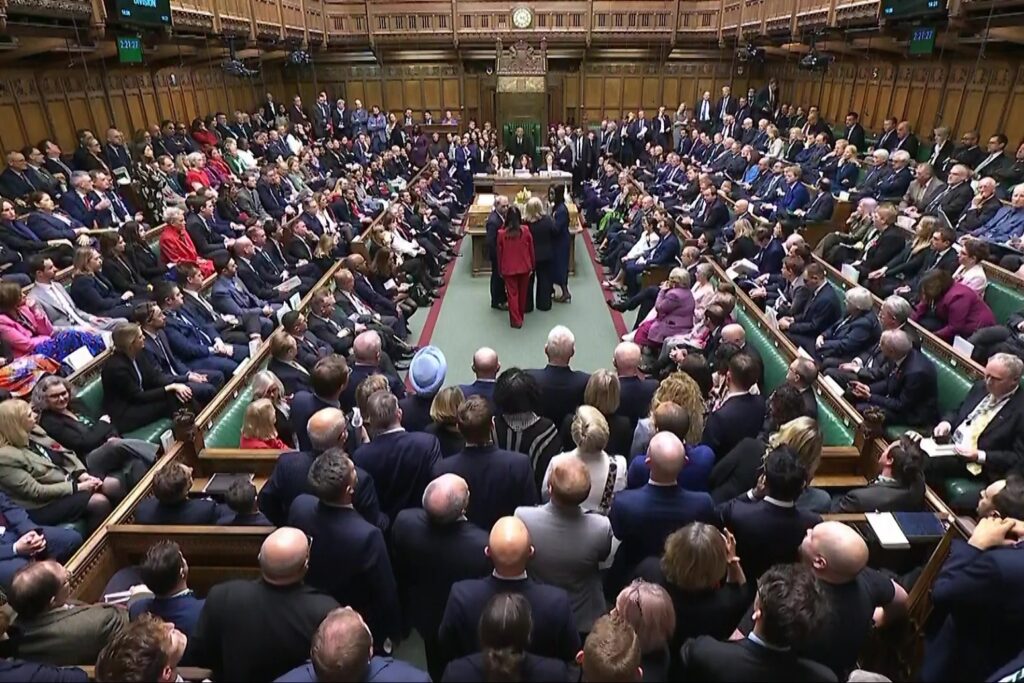This website uses cookies so that we can provide you with the best user experience possible. Cookie information is stored in your browser and performs functions such as recognising you when you return to our website and helping our team to understand which sections of the website you find most interesting and useful.
Classrooms need to be fit for learning
09/03/2024

The Government has to “do better” to ensure learning environments are “fit for learning”, the leader of a headteachers’ union will say.
Geoff Barton, general secretary of the Association of School and College Leaders (ASCL), will say the condition of many school and college buildings is “simply shocking”.
In a speech at the union’s annual conference on Saturday in Liverpool, Mr Barton will say many schools have to “scrabble for cash” to afford the costs of basic repairs and maintenance.
His comments come as a survey for the ASCL found that more than half (57%) of teachers and school leaders said their classrooms are too hot in the summer because of poor ventilation.
The poll by the Teacher Tapp app asked 8,585 teachers and leaders in state schools in England in February about the condition of the classroom they had most recently taught in.
More than a quarter (28%) said they were too cold because of inadequate heating systems and nearly a fifth (19%) said windows and doors were broken and 19% reported poor electrics.
Around one in seven (15%) said they had recently taught in classrooms with leaking ceilings.
In his final address to the union’s annual conference before stepping down in April, Mr Barton will say the findings show the “pressure on the ground”.
He will say: “Not only has capital investment been wholly inadequate but tortuous funding systems mean many schools have to scrabble for cash through a bidding process – just to afford the cost of basic repairs and maintenance.
“It is surely obvious that Government has to do better than this – that learning environments have to be fit for learning.”
A report by the National Audit Office (NAO) published in June last year concluded that around 700,000 pupils are learning in a school that the responsible body or Department for Education believes “needs major rebuilding or refurbishment” following years of “underinvestment”.
Mr Barton will also call on all political parties to improve revenue funding for education over the course of the next parliament.
He will say: “Population estimates predict that the number of pupils in England’s schools will fall by half a million over the next five years. It adds up to a huge multibillion-pound saving.
“So, instead of raking this money back into the Treasury – there is a golden opportunity to put education on a more sustainable footing.
“Use this money to raise the rate of per-pupil funding, and the pupil premium. It’s a policy that costs nothing – or at least nothing extra – but it would make a world of difference to children and young people, and particularly those from disadvantaged homes.”
Mr Barton is stepping down in April after seven years as the general secretary of the ASCL.
He will be succeeded by Pepe Di’Iasio, currently headteacher of Wales High School in Rotherham.
In his final speech as the union’s leader, Mr Barton will tell hundreds of school and college leaders that there is a need to “look again at the substance of education” with a “laser-like review” of the national curriculum.
He will also call for an end to the “snobby obsession” with academic versus technical education.
Labour’s shadow education secretary Bridget Phillipson and Liberal Democrat education spokesperson Munira Wilson are also due to address the ASCL’s annual conference on Saturday.
A DfE spokesperson said: “Overall school funding is rising to £59.6 billion next year, the highest level ever in real terms when using the routine measure of inflation for public spending. We have also invested £19 billion in capital funding since 2022 to help support and improve our school buildings.
“This significant investment is resulting in better outcomes for all children. 89% of schools rated by Ofsted are now ‘Good’ or ‘Outstanding’ compared to 68% in 2010, and our children are now ‘Best in the West’ for reading.”
Published: by Radio NewsHub



